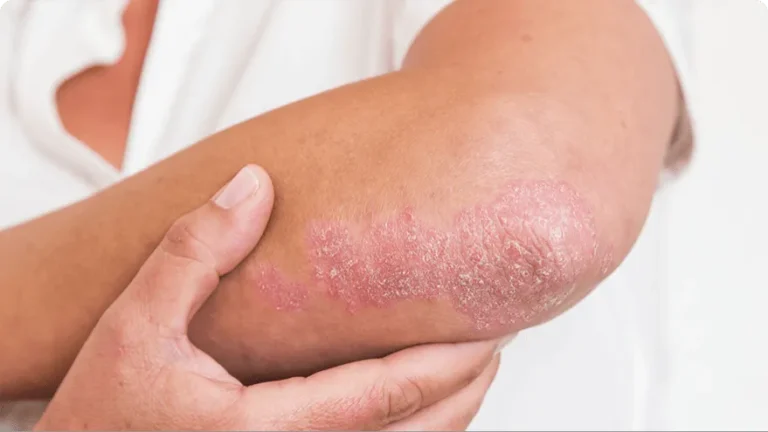Is TMJ Causing You Pain? Here’s What You Need to Know
TMJ pain, originating in the temporomandibular joint, affects countless individuals. This hinge connects the jawbone to the skull, facilitating activities such as chewing and speaking. When pain emerges, it might be a challenge, but there are practical ways to address it effectively. Here are some causes and solutions for TMJ pain when it occurs:
Reasons for TMJ Pain
TMJ pain stems from various sources. Teeth grinding, typically occurring during sleep, puts excess pressure on the jaw joint. Clenching the jaw in response to stress can also strain these muscles and joints. Injury or trauma to the jaw can further contribute to making joint movement uncomfortable or restricted. Another cause involves arthritis, which affects the joint’s structure and function over time. These causes vary in severity and overlap, resulting in persistent discomfort.
Poor posture, especially when sitting for long periods, can also lead to tension in the jaw and contribute to TMJ pain. Additionally, misalignment of the teeth or jaw, known as malocclusion, can put added stress on the joint over time. Lifestyle factors, such as excessive gum chewing or nail-biting, may also exacerbate the condition and intensify discomfort.
Solutions for TMJ Pain
Several approaches may help ease TMJ pain and promote healing. Treatments range from at-home remedies to professional interventions, depending on the severity of the issue. Here are effective ways to address the discomfort:
Use Night Guards
A night guard, worn during sleep, helps minimize the impact of teeth grinding and clenching. It evenly distributes pressure, reducing strain on the temporomandibular joint. Custom-made night guards, fitted by a dentist, suit individual jaw structures and offer optimal protection. Over-the-counter options are also available, but a custom-fitted night guard leads to better comfort and effectiveness in managing jaw-related issues.
Start Physical Therapy
Physical therapy exercises strengthen jaw muscles while promoting flexibility and mobility. Gentle stretches, like opening and closing the jaw in slow, controlled movements, improve joint function. Therapists may recommend resistance exercises that build muscle balance and stability. Over time, these activities help reduce pain and prevent future issues.
Manage Stress Daily
Stress plays a significant role in TMJ pain, leading to clenching or grinding during the day or night. Incorporating stress management techniques, such as deep breathing exercises and meditation, effectively helps combat tension. Guided meditation apps or yoga classes provide accessible ways to relax both the mind and body.
Modify Your Diet
Certain foods place unnecessary strain on the jaw, aggravating pain. Avoiding items that are excessively chewy or hard, such as gum or crusty bread, eases pressure on the temporomandibular joint. Opt for softer, easier-to-chew foods, such as mashed potatoes, yogurt, or smoothies, particularly during flare-ups. Steering clear of caffeine and overly acidic foods may also help reduce inflammation and discomfort associated with TMJ disorders.
Find a Dental Clinic for TMJ Pain
Living with TMJ pain can be controlled with the right approach. Through practical steps such as wearing a night guard, engaging in physical therapy exercises, managing stress, and making thoughtful dietary adjustments, relief is within reach. If symptoms persist or worsen, consulting a healthcare professional specializing in TMJ disorders may provide additional support.





